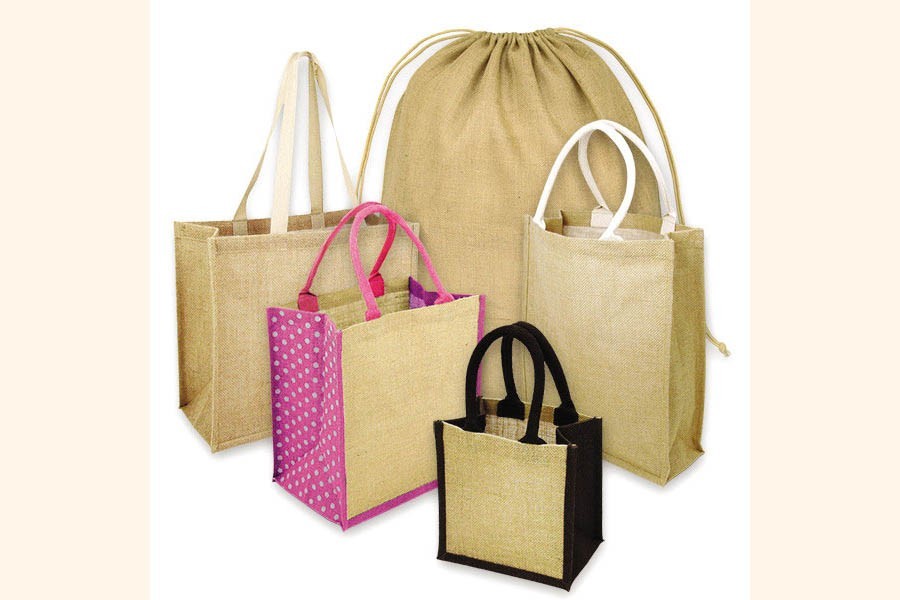The government will procure 50 per cent of its required jute bags for packaging food grains and fertiliser from private jute millers.
Remaining 50 per cent will be purchased from private sources, according to a gazette notification issued by the Ministry of Textiles and Jute on Sunday.
It said private jute bag producers will provide 50 per cent of required jute bags to the government for packaging paddy, rice, wheat and fertilisers. Rest 50 per cent of jute bags will be supplied by private sources (jute bag traders) to the government.
This move has been taken by the government as all 25 jute mills of the Bangladesh Jute Mills Corporation (BJMC) remained closed since July 01 following their continuous loss over the years.
Earlier, the BJMC supplied 50 per cent of the demanded jute bags to the food department and the Bangladesh Chemical Industries Corporation (BCIC).
Abdul Barik Khan, secretary general of Bangladesh Jute Mills Association (BJMA) said they had been demanding to increase their share of supplying jute bags to government's departments for long time.
He said if the decision is enforced in a proper manner, they will get a great support to run their units smoothly.
The export of jute bags have declined significantly in recent years following political unrest in the key markets including Syria and Iran.
So, the local sale is very important for them at present, he added.
However, Department of Food purchases about 50 million jute bags each year for packaging food grains.
On the other hand, BCIC purchases 20 million jute bags for packaging fertiliser yearly.
Currently, a total of 19 products are on the list of Mandatory Jute Packaging Act 2010 -- paddy, rice, wheat, maize, fertiliser, sugar, spice, turmeric, onion, ginger, garlic, coriander, pulses, potato, flour, crude flour (ata), rice bran, poultry feed and fish feed.
The law was enforced in January 2014.


